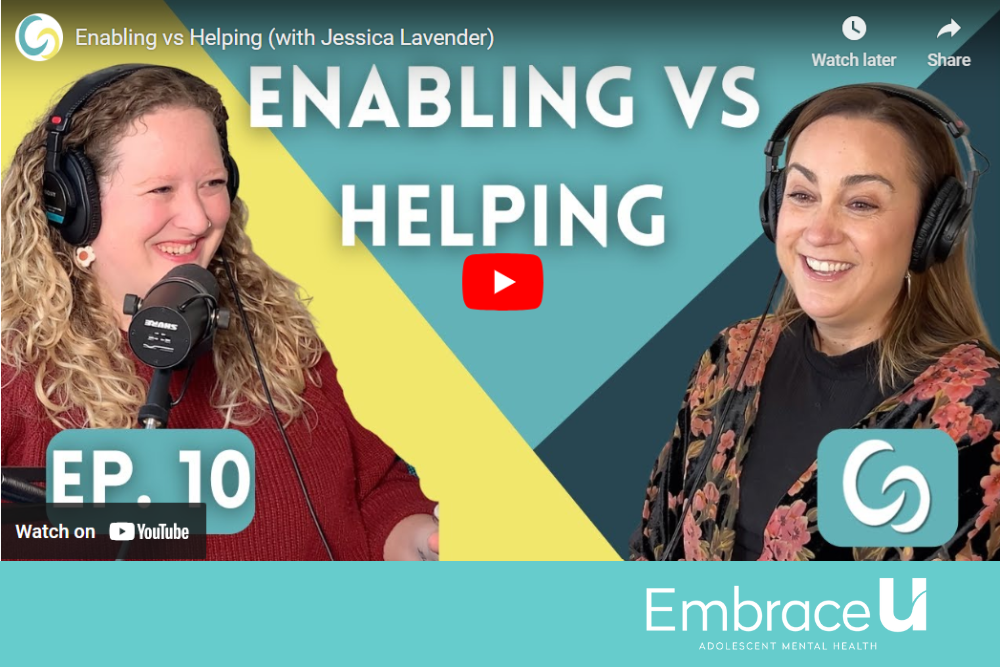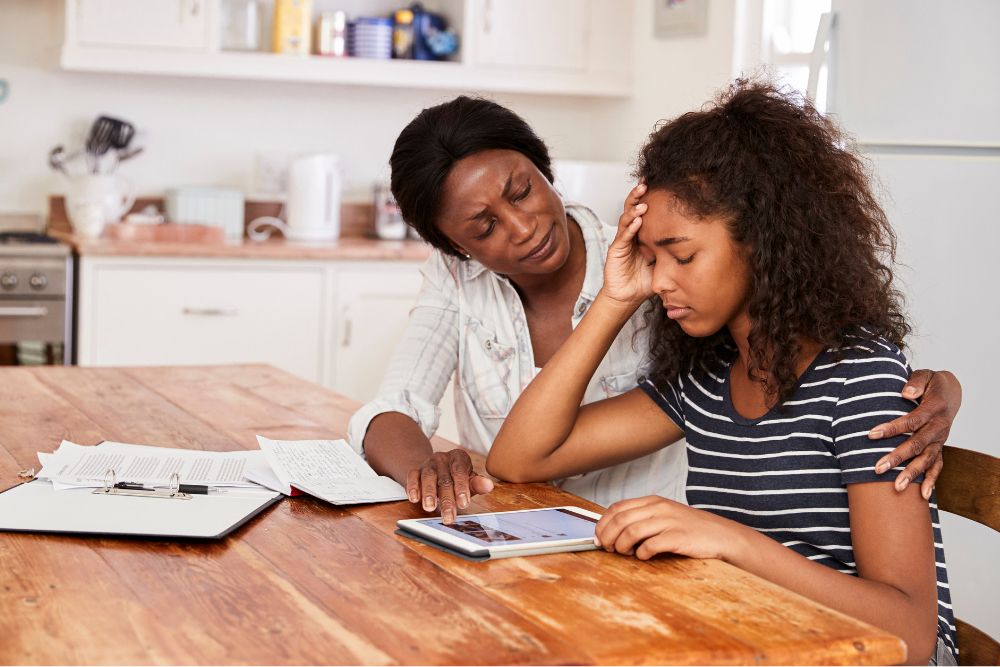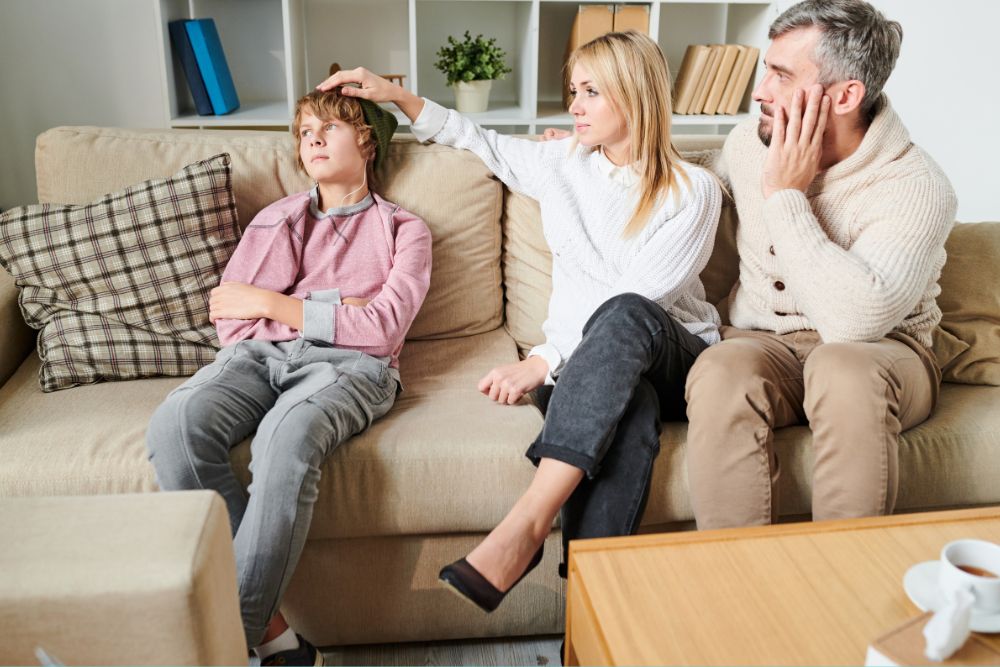Signs your child needs behavioral therapy
When your teenager exhibits signs that they may be struggling with their mental health, it can be difficult to determine the best course of action. You may ask yourself things like:
“Is this just a phase?”
“How serious are these issues?”
“How do I know if my teenager needs counseling?”
The line between intense teenage emotions and mental illness can be blurred, so deciding whether they need therapy can be a challenge. There are, however, signs that will help you gain insight into your teen’s mental health. There are also mental health experts who can offer you advice, give your child an evaluation and go over treatment options if it’s determined that your teenager needs counseling.
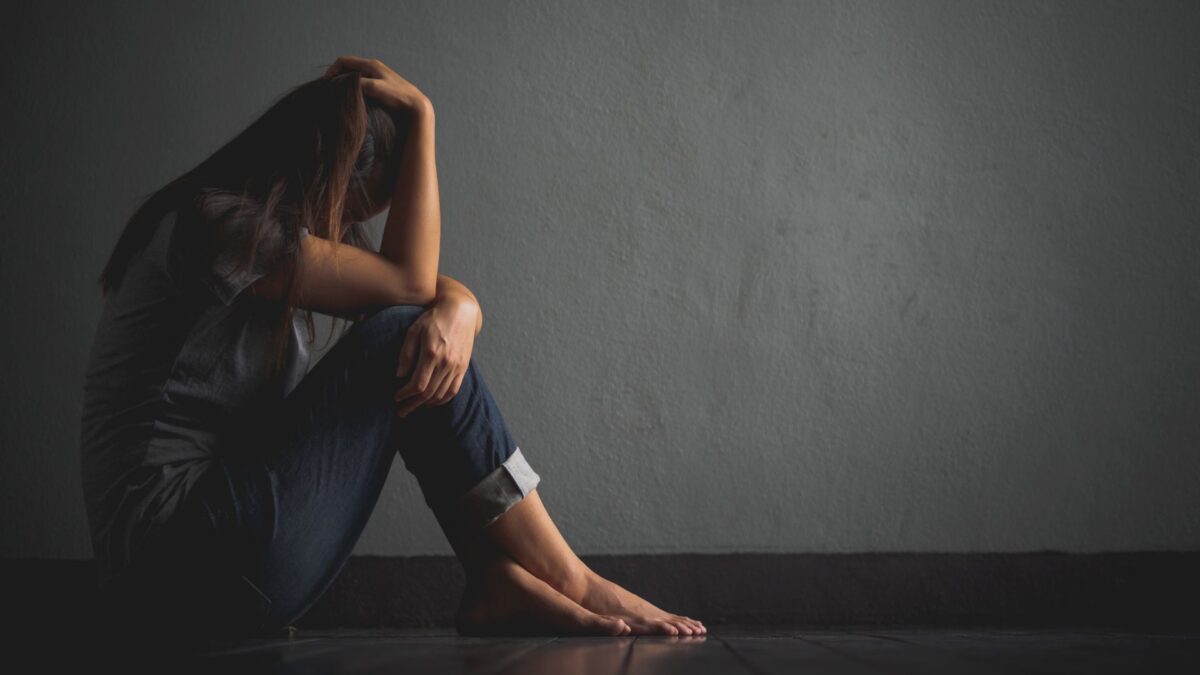
Signs Your Child Might Need Therapy
Recognizing that your teenager needs counseling or therapy often requires investigation and examination of their behavior and symptoms. It’s always good to try talking to about their feelings and asking if they’d like to meet with a therapist.
Signs your child might need therapy can include:
- persistent sadness or anxiety
- changes in behavior
- physical symptoms
- struggling with relationships
- traumatic events
Persistent Sadness or Anxiety
One of the most common reasons young people need therapy is when they experience persistent sadness or anxiety. While it’s normal for teenagers to experience a range of emotions, negative emotions that last for an extended period, and impact their daily life, could require therapy to manage. Some signs of depression or anxiety in teenagers include a lack of energy, feeling unmotivated, poor concentration, or withdrawing from friends and family.
Depression and anxiety can be serious mental challenges that don’t go away. Many parents make the mistake of thinking their teen simply lacks the willpower or mental strength to cheer themselves up or get over something. However, depression is caused by a chemical imbalance in the brain and may require medication to manage. One in six people will experience depression at some point in their life, according to the American Psychiatric Association. Nearly 90% of people with depression respond well to treatment and almost all patients receiving treatment for depression find some relief.
Changes in Behavior
Another common sign that your child might need therapy is if they are displaying changes in behavior. This could include taking risks with their safety, cheating, stealing, or experiencing problems at school. You may notice a change in their attitude towards you, teachers, or friends. They could show a lack of interest in activities they used to enjoy, like sports, clubs or just hanging out. It’s important to remember that any sudden changes in your child’s behavior could be a sign that something isn’t right.
Adolescence is associated with emotional rollercoasters and testing limits as children explore their identities, relationships, and boundaries. Not all behavioral changes are an indication that your teenager needs therapy. You should investigate any noticeable changes. Ask questions and find out why your teenager is acting differently. Sometimes health issues like poor sleep, difficulty seeing or hearing, or even learning problems can lead to behavioral changes. A mental health provider can offer a comprehensive evaluation to help you determine the cause.
Physical Symptoms
While not always immediately obvious, physical symptoms can be a warning sign that your child may need therapy. These symptoms can include headaches, stomach aches, nausea, and dizziness. They may experience “brain fog,” where they feel confused and unfocused. They may tell you they feel sick and don’t want to go to school. Although these symptoms can have a physical cause, they can also be linked to stress and anxiety.
Physical symptoms that are caused or made worse by mental challenges are called psychosomatic symptoms. Unmanaged stress can cause physical issues, according to the Mayo Clinic. Constant emotional stress can impact cortisol and adrenaline levels in your child’s body, keeping them from being able to return to a resting state. This can have negative effects on their organs.
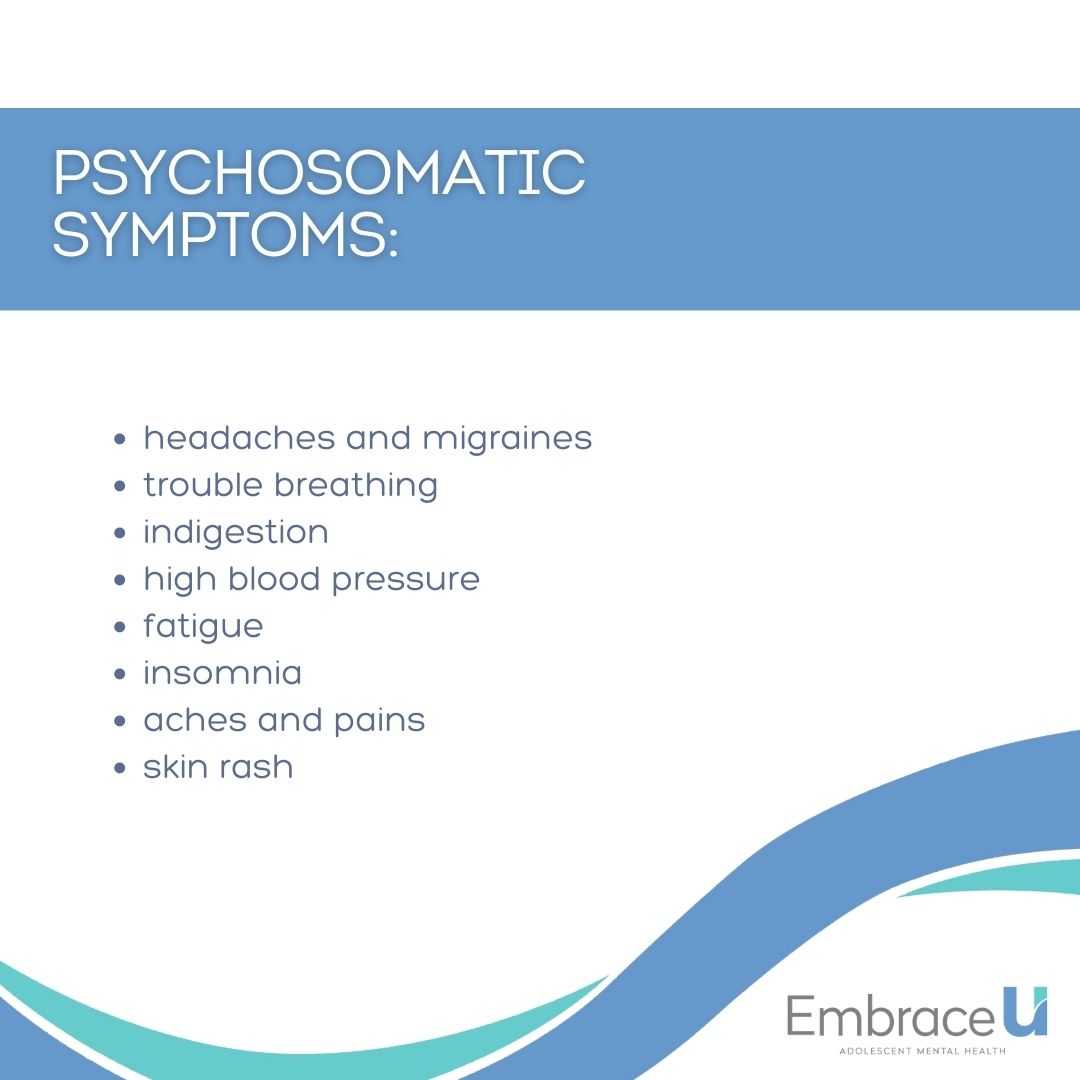
Struggling with Relationships
The teenage years are a time of growth and change, and it’s not uncommon for young people to struggle with relationships during this period. Children are especially vulnerable when it comes to building social connections and developing their self-esteem between the ages of 10 and 18. Many adolescents feel the urge to belong and be part of a social scene. Developing, maintaining, starting or ending relationships can be stressful.
If your child is consistently struggling with relationships, isolating themselves, or showing signs of aggression, it’s worth considering how therapy could help. Teens experiencing mental health challenges may avoid large gatherings or prefer to be alone. Learning how to navigate peer relationships is a critical skill for teens. Some children need help to build communication skills and develop the confidence they need to feel comfortable around their peers.
Traumatic Events
Traumatic events can have an incredibly lasting impact on young people. Events like natural disasters, violent acts, the death of a loved one, or a serious illness can be emotionally difficult for teens to manage. It’s important to remember that traumatic events can look different for everyone. Children who’ve experienced a traumatic event may have trouble expressing what they are feeling. Many young people internalize stress reactions, resulting in significant depression, anger, or anxiety. If your child has experienced a significant traumatic event, it’s worth considering the potential benefits of therapy to help them cope and process their emotions.

Signs Your Child Needs Behavioral Therapy and How to Help
It may be time to talk to consider therapy or counseling if your child shows any of the following signs:
- trouble controlling their emotions
- acting out in school or at home
- trouble making friends
- withdrawing from activities they used to enjoy
- trouble sleeping or eating
- thoughts of suicide or self-harm
What Should You Do If Your Teenager Needs Therapy?
If you are concerned that your child may need therapy or counseling, there are a few things you can do. First, talk to a behavioral health expert. They can assess your child’s mental health and develop a treatment plan if necessary. Embrace U offers a free clinical consultation. You can also ask your child’s teachers or school counselor for their input. If you are unsure where to start, you can contact your local mental health agency or the National Alliance on Mental Illness.
Ultimately, it’s important to remember that needing therapy is nothing to be ashamed of. Seeking help for your child can be an important step in getting them the support they need to thrive. By taking the time to recognize these signs and act, you are helping your child take control of their life and improve their mental health. Always remember that you don’t have to do this alone. There are many resources available for parents and caretakers of teenagers and accessing these resources can make the journey a little bit easier.

About Embrace U
Embrace U is a mental health clinic offering outpatient treatment programs specifically designed for young people aged 10-18. Our partial hospitalization and intensive outpatient programs help participants develop coping and communication skills to live happier and healthier.
Does your teen need help? Call Embrace U today!



